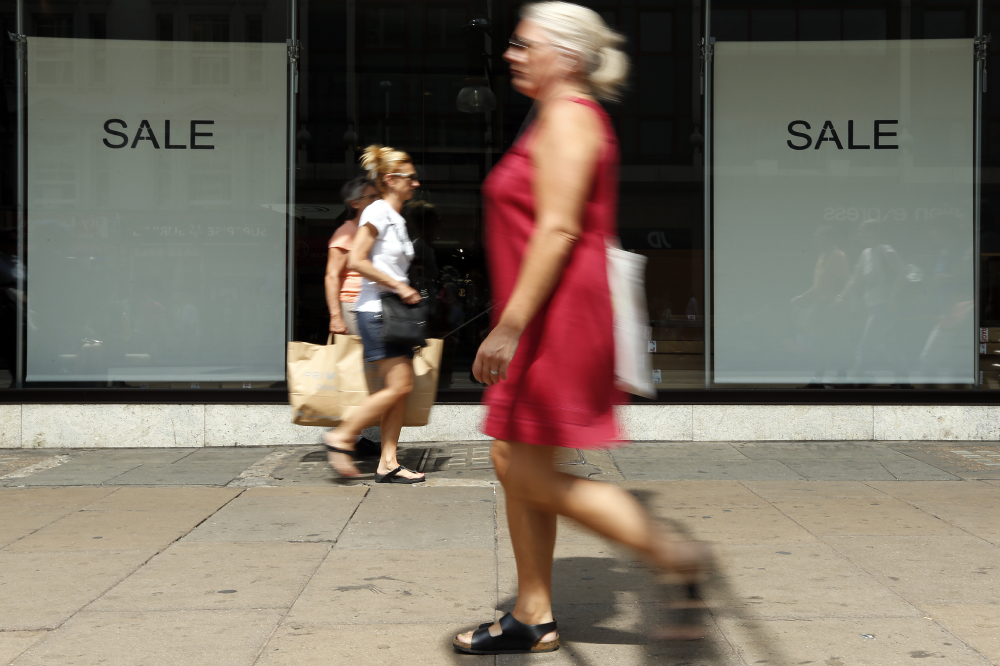Ever tried a dress on in one shop and it fits perfectly, but then tried one on in the same size in another shop and it’s a real squeeze to get into? Don’t worry - you’re not alone...

Photo: PA
The research of more than 1,500 women has revealed the increasing struggle they face when shopping for clothing on the high street or online, with sizing often varying wildly from one shop to the next.
Premium fashion brand www.navabi.co.uk conducted the study to find out exactly how many women are experiencing this in a bid to change the way brands design their clothes and their sizing measurement accuracy.
When asked, ‘Do you own clothing that spans multiple sizes (i.e. some of which is a bigger/smaller size than you normally wear)?’ the majority, 85%, said ‘yes’; with four different sizes typically being in the average woman’s wardrobe. When asked to list the reasons why this was the case, the top answers were as follows:
- Inconsistencies with high street and online fashion sizes (e.g. the same size fitting differently from different brands) – 78%
- My top half is a different size to my bottom half – 43%
- If I see an item in the sale that is almost my size, but not quite, I still buy it – 41%
- My weight fluctuates, so I have different sizes to account for this – 32%
- People have bought me items that weren’t the right size, but that I kept – 17%
Women who had experienced clothing size disparities were asked how it had made them feel and the top answers cited included, ‘it makes me think I am bigger/smaller than I actually am’, ‘it is frustrating because I don’t know what size I am anymore’ and ‘I no longer go into certain shops because of this’.
According to the respondents, the shops that were pointed out to have the most inaccurate sizing and the worst culprits for selling clothing that was smaller than the state size were H&M, Pretty Little Thing and Boohoo.
82% of the total respondents felt that standardised clothes sizing should be enforced on all fashion retailers in the UK and 95% said that clothing size disparities negatively impact the body positivity movement.
Bethany Rutter, Social Editor at www.navabi.co.uk, said:
“Although your dress size is just a number, we think it's important for brands to be as transparent as possible about their sizing so customers can make good decisions when shopping. This means women can have a better relationship with their bodies because they understand them better and aren't locked in a frustrating battle of trying to understand what size they are.”
About navabi: With more than half a million customers in more than 100 countries, navabi is the global leader in plus size fashion. navabi believe beautiful fashion shouldn't stop at a size 16, and are proud to be able to play a part in enabling women to shape the future of the fashion industry.

